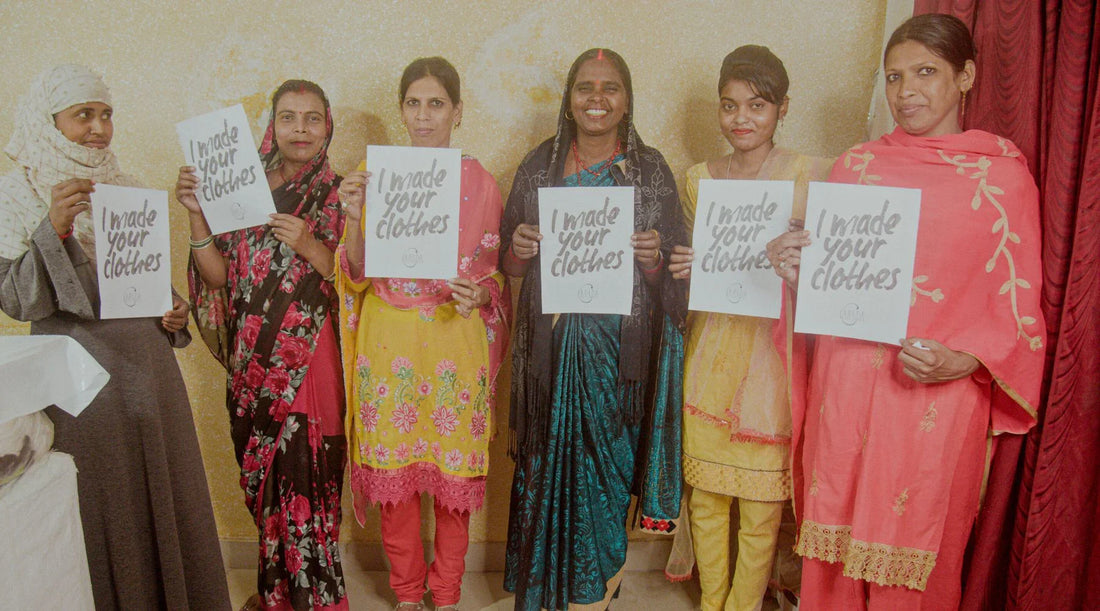April 24th 2023, marks 10 years since the Rana Plaza building, housing several garment factories, collapsed, killing at least 1,132 people and injuring more than 2,500. The eight-story commercial building collapsed due to structural failure, which is probably the deadliest garment-factory disaster in history.
Fashion Revolution was founded in 2013 by Carry Somers and Orsola de Castro in response to the Rana Plaza disaster. Today, it is one of the world's largest fashion activism movements raising awareness and campaigning for systemic change in the fashion industry, including fair pay and safe working conditions for all people in the supply chain, recognition of heritage and local craftsmanship, reduction in textile waste, transparency and accountability across the value chain, and much more.
Their annual campaign, Fashion Revolution Week, runs between the 22nd to 29th of April and brings together a global community to call for greater transparency, sustainability, and ethics in the fashion industry.
Unfortunately, the fast-paced nature of the fashion industry has led to overproduction, exploitation of workers, and pollution of the environment. Fashion Revolution Week seeks to address these issues and bring about change in the industry.
Your role as a consumer in bringing about a change in the fashion industry:
Demand for greater transparency of the fashion supply chain:
As a consumer, you have the right to know where your clothes are made, who made them, and under what conditions. By demanding greater transparency, you can hold brands accountable for their actions and encourage them to adopt more sustainable and ethical practices.
Make an informed choice:
The production of clothing requires vast amounts of resources, such as water, energy, and raw materials. This has led to environmental degradation and a significant contribution to climate change. Brands must adopt more sustainable practices, such as using eco-friendly materials, reducing waste, and investing in renewable energy. The brands that are actively contributing towards this sustainable approach will discuss it on their website and social media. As consumers, you can buy clothes made from sustainable materials to support these brands that prioritise sustainability.
Many garment workers around the world work in unsafe and unhealthy conditions and are paid meagre wages. As consumers, you must identify and avoid the brands previously called out for worker exploitation and support the brands with ethical manufacturing practices.
Learn more about Kaasida's sustainable practices: https://kaasida.com/pages/our-story
Learn more about Fashion Revolution Week: https://www.fashionrevolution.org/frw-2023/
Through initiatives like Fashion Revolution, designers, academics, writers, business leaders, policymakers, brands, retailers, marketers, producers, makers, workers and fashion lovers from across the globe are driving a positive change in the fashion industry. As consumers, it is your duty to demand greater transparency, support sustainable practices, and hold brands accountable for their actions. We all have a responsibility to make fashion a force for good, and together we can create a more sustainable and ethical fashion industry for the future.
With Love,
Kaasiḏa


